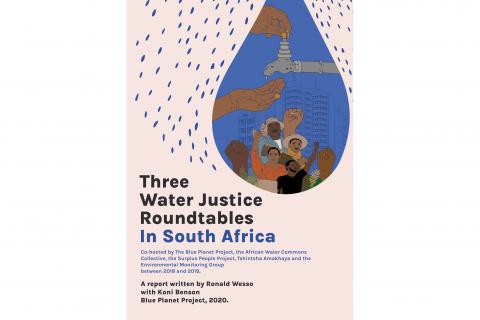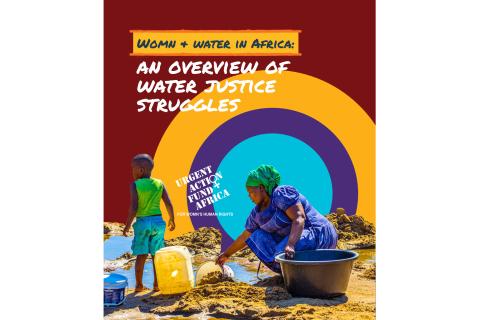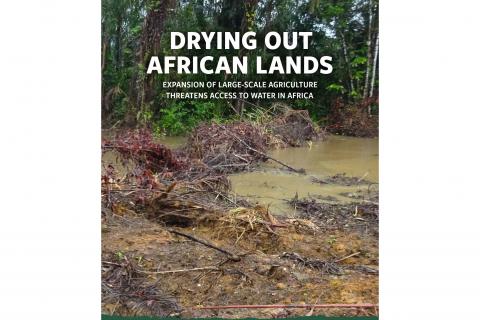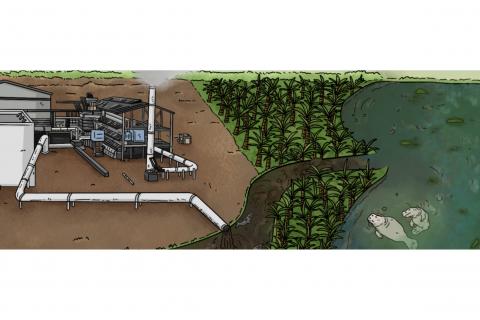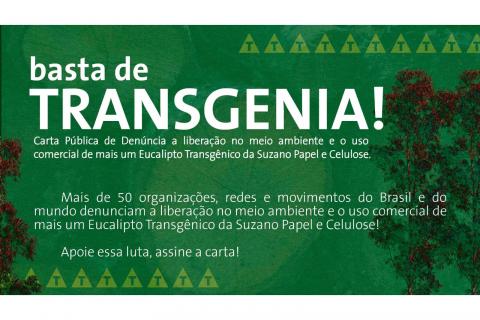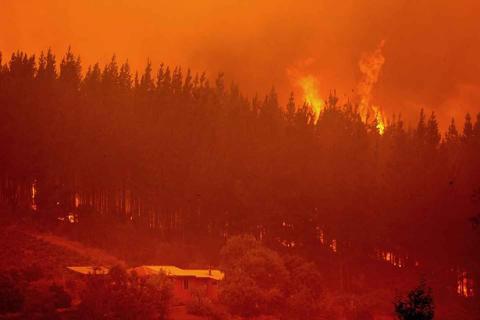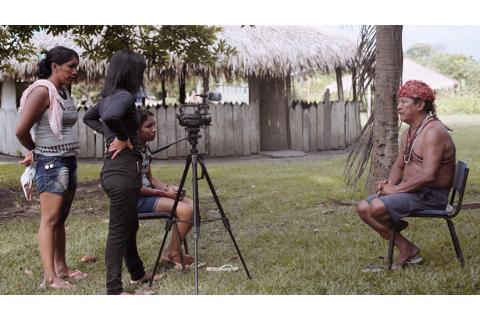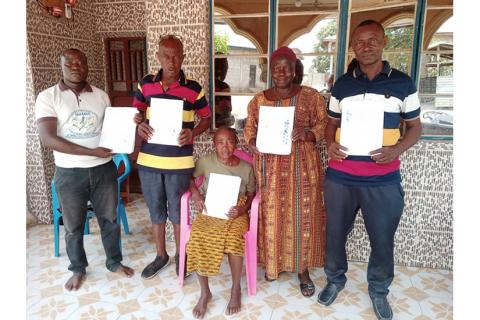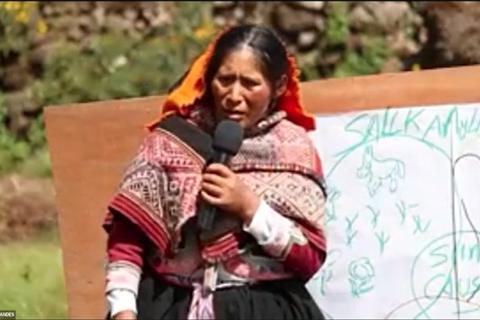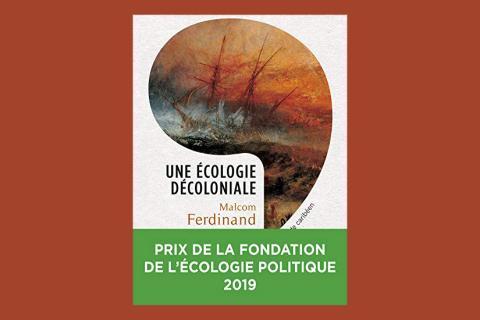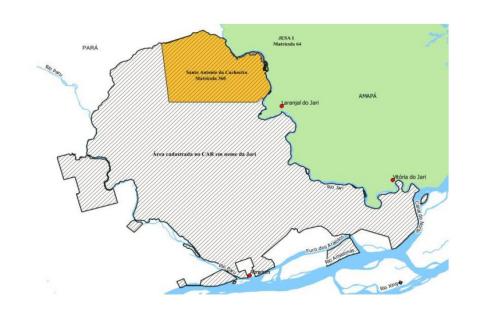A report was compiled based on workshops to share the discussions, proposals and challenges ahead in order to strengthen water justice struggles.
Other information
A research by the Urgent Action Fund- Africa (UAF-Africa) underlines how it is women who bear the brunt of lack of water and how this has an impact on their health and livelihoods as well as that of their families and wider community.
A recent publication from the organization The Oakland Institute reviews 15 projects from agribusiness in 11 African countries, evidencing how the large loss of land has entailed a dramatic impact on communities’ access to water.
An article in the news portal Mongabay exposes how six years after complaints were filed against the company Oro Rojo for polluting the rivers, wetlands and air, with its palm oil mill, nothing has changed.
More than 50 organizations, networks and movements from Brazil and around the world denounce the release into the environment and the commercial use of a new transgenic eucalyptus from the Brazilian company Suzano Papel e Celulose.
A documentary produced by the audiovisual collective, Ojo de Treile, shows how industrial monoculture plantations in southern Chile have been causing mega-droughts and voracious forest fires.
The Munduruku People in Brazil say the anti-Indigenous rhetoric of the Jair Bolsonaro administration has emboldened illegal loggers and miners, and put them under greater risk. As a response, three young Munduruku women run an audiovisual collective that uses social media to raise awareness about illegal invasions of their territory.
Almost 1,500 members of MALOA (Malen of Affected Land Owners and Users Assosiation) in Sierra Leona released a petition to object the RSPO (The Roundtable on Sustainable Palm Oil) certification of SOCFIN subsidiary in that country.
The overarching goal of this series coordinated by the Swift foundation and the First Nations Development Institute is the search of new ways of pleading for clarity and using appropriate language to ensure respectful and positive relationships with indigenous peoples and marginalized groups and avoid terms that may be discriminatory or offensive or the source of strategies that misuse their heritage and turn into another means of assimilation and displacement.
The book, Une écologie décoloniale' (a decolonial ecology), written by Malcom Ferdinand, presents an analysis of how we cannot understand the current environmental crisis without knowing colonial history.
A Public Civil Action from the Prosecutor of Agrarian Justice in the state of Pará, Brazil, against the Jari Cellulose Group requested that part of their land titles be annulled.
The International Labour Research and Information Group has produced a beautifully illustrated and inspiring calendar for 2022.
